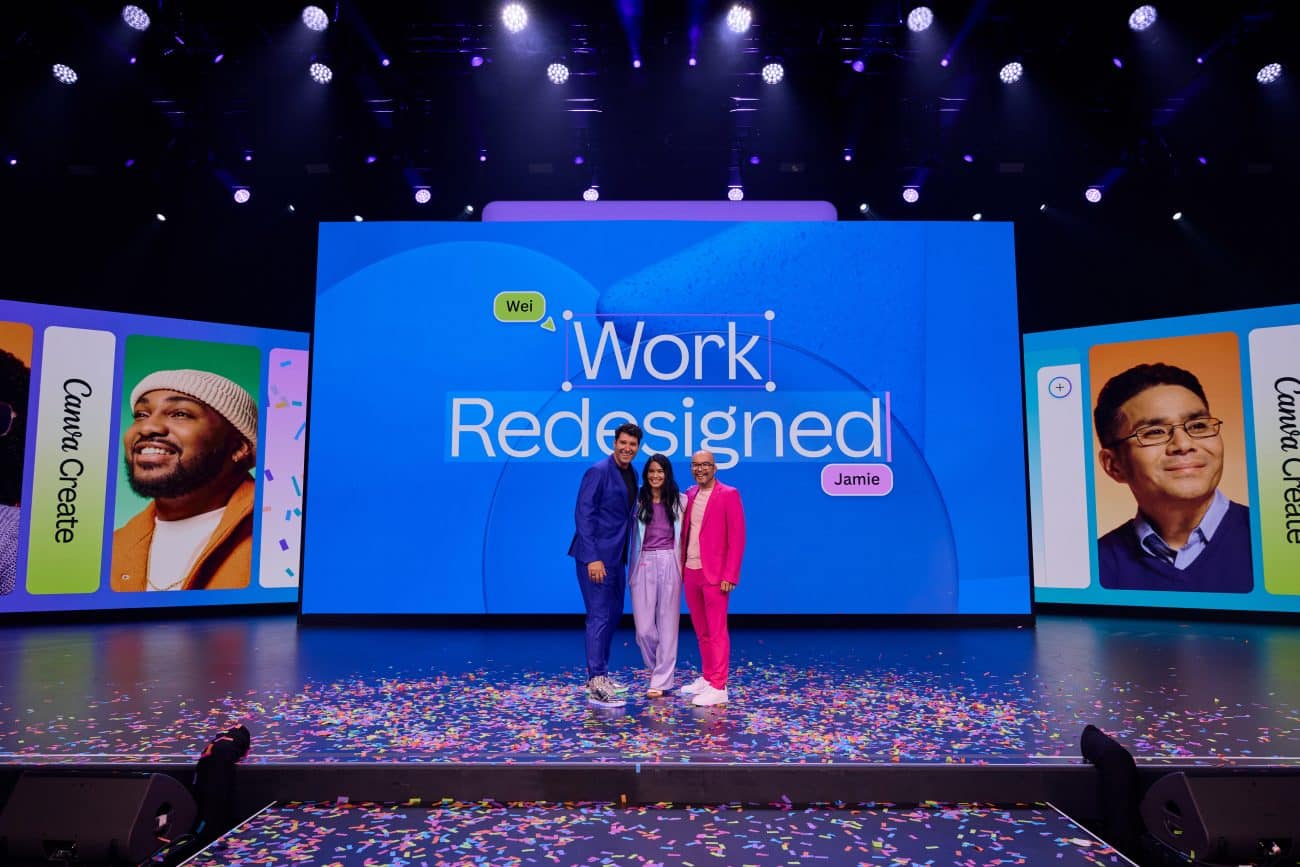Lately, India has been stepping up in the technological landscape. The success of Chandrayaan-3 is just one of the feats. With top companies from India, such as Mukesh Ambani’s Jio and Tech Mahindra having swiftly entered the AI field, now IBM seeks to place its bets in India.
Recently, IBM CEO Arvind Krishna said that India should build sovereign capability in AI. He wants the government to push for more transparent and open AI policies when it comes to enabling companies to build and leverage AI within the country. With the policies and incentives, the private sector might be ready to take the risk to experiment with the expensive technology.
Citing the success of Chandrayaan-3 and the rising AI capabilities of US, China, UAE, and many European countries, Krishna said at the B20 Summit in Delhi that the Indian government can help in speeding up the process by giving the private sector the confidence.
All of this does make sense, but what is stopping IBM itself from stepping up its game in India and making an Indian AI hub?
Already deep in AI
IBM’s Deep Blue was the first machine to ever beat a human in a chess match. There is no doubt that the company can be considered one of the leaders in every realm of technology, even quantum computing, and now it is making even bigger strides in AI than before.
IBM was also one of the investors in the most recent $235 million series D funding round of AI startup Hugging Face. This was along with the leaders in the AI race such as Google, NVIDIA, AMD, Amazon, and others. IBM clearly knows where to put its money when it comes to developing AI such as the open source champion Hugging Face, and even partnering with Adobe for generative AI.
Most importantly, IBM joined the generative AI market with one of the most important aspects for enterprises—personalisation in generative AI. WatsonX is IBM’s own foundational model platform which is being trained not just on language, but on various modalities including code and geospatial data, Geeta Gurnani told AIM.
To make the WatsonX.ai platform even better, the company collaborated with Meta to integrate Llama 2 for its clients. This also opens up a lot of opportunities for open source research through IBM’s platform.
Krishna believes that AI is here to stay and will be integrated within almost every company in the future. Though the CEO has previously said that AI could replace a lot of mundane and repetitive tasks, which might possibly replace a lot of jobs, it is clear that the tech leader wants to move into generative AI.
Others lay the groundwork for IBM
Apart from IBM, other companies are also stepping up to build AI, and specifically LLM focused projects within India. After Sam Altman’s remarks, during his visit to India about how hard it is to replicate what OpenAI has achieved with ChatGPT, Tech Mahindra accepted the challenge, and has now finally started working on Project Indus, an LLM based on Indic languages.
Most recently, Mukesh Ambani also said he wants Reliance to build an India-specific AI model. “India has scale. India has data. India has talent. But we also need AI-ready digital infrastructure that can handle AI’s immense computational demands,” said Ambani.
At the B20 Summit in August last week, Krishna said that he is excited about AI’s potential in driving the country’s economy as it can take over cognitive tasks and perform them efficiently. AI will help “generate more per capita GDP”, he also added. He further said that the goal IBM has is to make companies have a “secure and accountable AI.”
At the same summit, Nirmala Sitharaman, the finance minister of India, advised Krishna that IBM should have a little more presence in India if it needs to build and serve India. This advice came after Krishna sought words for multinational companies who wish to serve in, and for India.
This is where IBM can definitely contribute the most in this AI race. The company has more than 1 lakh employees in India, with many of them working in AI related areas. Krishna said that Indian IBM researchers are doing, “some of the deepest work we have going on in AI anywhere in the world”.
Given all this, if IBM actually wants to get into India, tap on its talent pool, and build something within and from India, it might the perfect opportunity for the company to leverage its arsenal of tools, and actually be the first private company to make AI better in India, while not waiting on the government to better policies around incentivising AI.










































